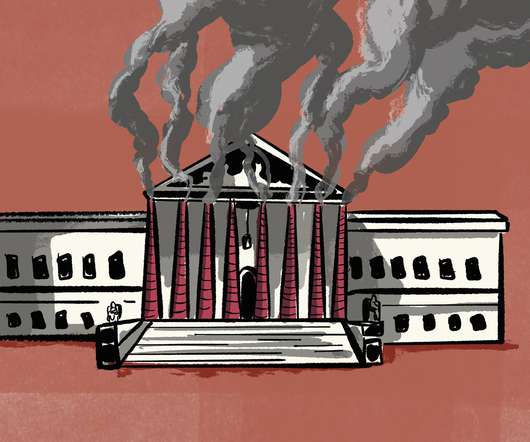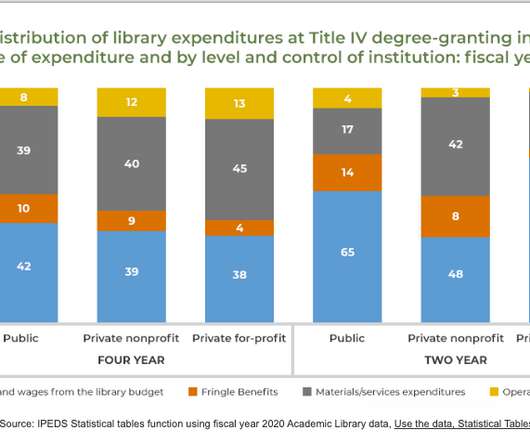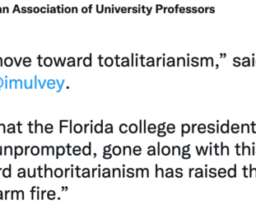Why Labour should prioritise tertiary reform over tuition fees
Wonkhe
JANUARY 22, 2023
Andy Westwood makes the case for a joined-up education system and a blueprint for policy that could be picked up by Labour for the next general election and beyond The post Why Labour should prioritise tertiary reform over tuition fees appeared first on Wonkhe.

















Let's personalize your content